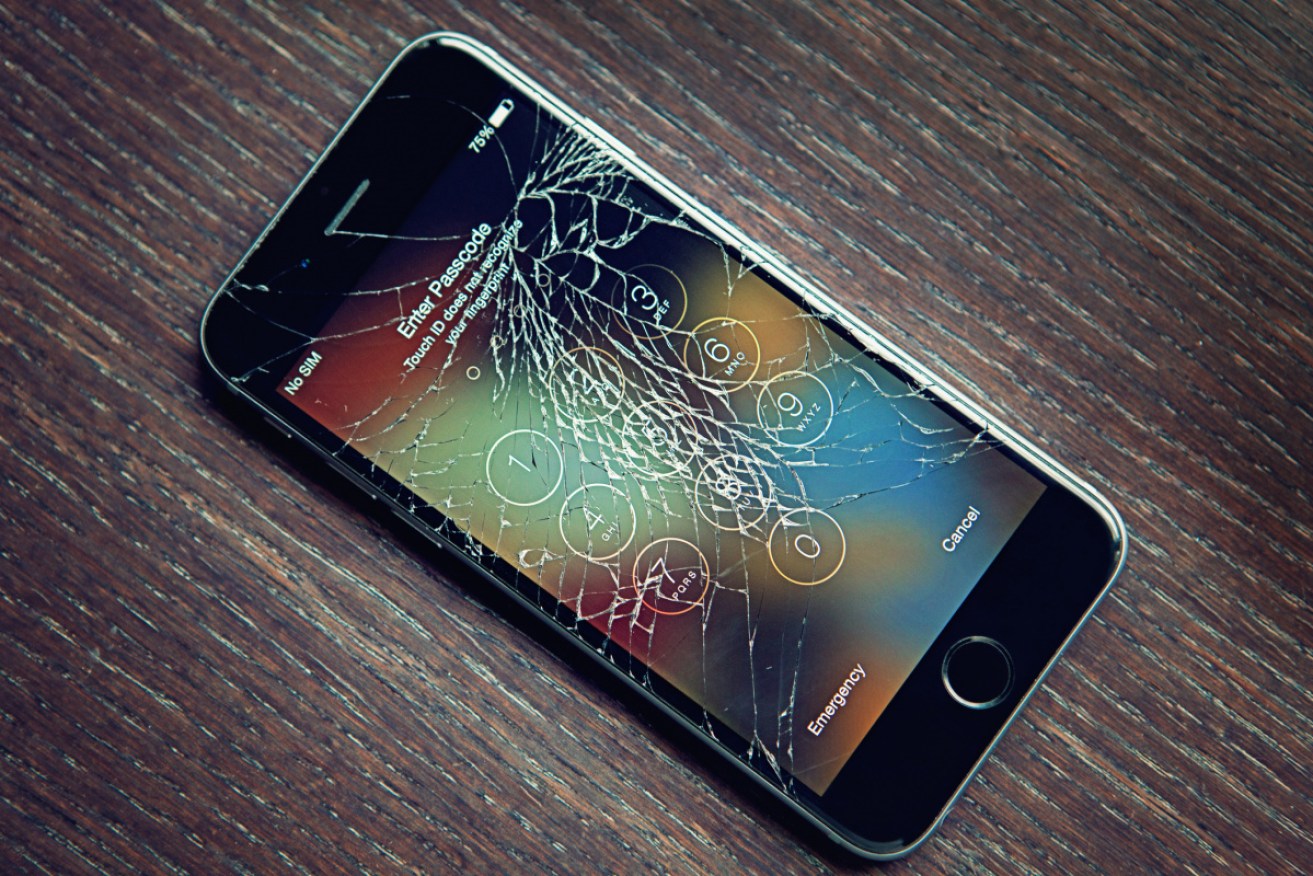‘Right to repair’ laws for fixable electronics pushed forward

The parts pairing issue first appeared in 2017, according to Ifixit, and has only gotten worse since. Photo: Getty Photo: Getty
Australia’s consumer affairs ministers have agreed to consider laws boosting people’s ability to repair their phones and other electronic goods, rather than send them to the dump.
ACT Consumer Affairs Minister Shane Rattenbury has taken the idea to the Consumer Affairs Forum, which includes ministers from both Australia and New Zealand, arguing a national approach to the issue was necessary.
The proposal reflects the ‘right to repair’ movement, which has already seen pushes for change in the European Union and parts of the United States, including California.
The movement emerged in response to growing volumes of consumer waste going to landfill, and design concepts like planned obsolescence that deliberately seek high turnover in goods by creating products that are quickly outdated.
In many cases, simply attempting a repair job would immediately void a product’s warranty, if not render it useless.
Mr Rattenbury said the laws would require manufacturers to make products that could be easily repaired.
“It is about building products that can be easily disassembled, that can be opened up, the spare parts are available, and then take standard tools to repair them,” he said.
“They’re the sort of guarantees that we need to put into our consumer laws to enable the repair industry to continue to grow.”
As a result of the agreement, federal minister Michael Sukkar will write to the Treasurer Josh Frydenberg, requesting that ‘right to repair’ be added to the Productivity Commission’s agenda – a national first.
One of the key questions facing lawmakers is how manufacturers like Apple and Samsung could be required to make complex products, like tablets and smartphones, more repairable.
Mr Rattenbury said that was a challenge that needed to be tackled.
“It is important that devices such as smartphones and others are included because they’re expensive,” he said.
“And if they have such a short life, they will be thrown away and replaced, and that simply becomes more e-waste being stockpiled all around the world.”
Many prefer a repaired phone to a new one
The push to repair more possessions, rather than simply tossing them away, has gained steam in recent years.
So-called repair cafes have been springing up across Australia, where people come together to offer each other tools and advice on how simple clothes and goods can be repaired.
The Canberra Environment Centre hosts such events every month, and executive director Ryan Lungu said demand for the service had soared.
The environmental cost of smartphones

What impact does the push to always have the latest device have on the world around us? Photo: AAP
He said he could understand why people would often prefer to replace broken goods than repair them, but they needed to be mindful of the bigger picture.
“Because of the cheap prices that we have on a lot of these consumer items, it can actually be cheaper to buy something new than to get it repaired, particularly when these [repair] skills are being lost,” Mr Lungu said.
“But we come from a strong philosophy here that really, you should be paying the extra to have it repaired and thinking very hard about everything before you send it to landfill.”
Mr Lungu said he would support any push that required manufacturers to help tackle growing landfill problems, and help customers keep the goods they buy for longer.
“Given the waste problem that we have here in Australia and around the world, planned obsolescence should be something of the past,” he said.








